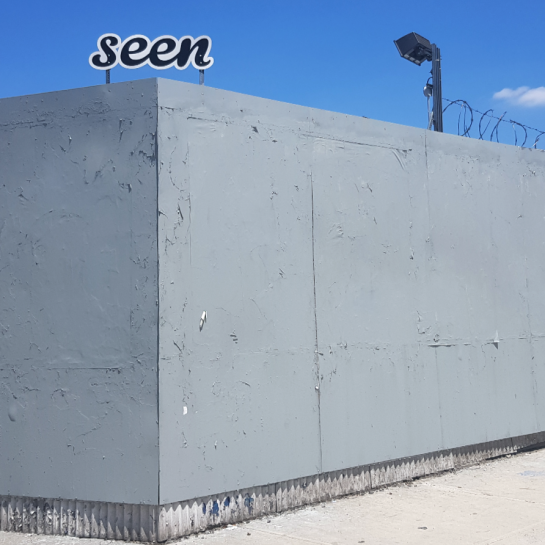
BIRMM member René Kreichauf will publicly defend his Ph.D thesis on the spatial negotiation of asylum in European and U.S. Cities.
The defense will take place on Wednesday November 18 2020 at 2pm. You can attend the online defense by following this link.
Abstract of the PhD research
Forced migration is a spatial experience. It can include physical displacement in the home country, border cross- ings, and asylum procedures involving reception, disper- sal, waiting in camps, and residency restrictions; but also place-making and settlement practices. In all cases, pat- terns of space can both constrain and enable migration processes. The U.S. and EU have implemented various spatial technologies to control, channel, and prevent forced migrants from entering territories to seek protec- tion. Many procedures have also been internalized within the territory of individual states; ultimately shifting asy- lum policies and bordering practices to the urban scale. Simultaneously, forced migrants have been moving to cities more rapidly than in past decades. Using cases from U.S. and European cities, in this thesis I analyze the spatial production related to asylum in cities as land- scapes and tools of power, in which the negotiations between interlinked but often divergent legal, political, social and economic actors, and institutions, and logics facilitate and condition the arrival and life of forced mi- grants in urban areas. In particular, I consider dispersal, detention, camps, refugee housing, migrant economies, and neighborhoods in order to uncover the complex and paradoxical purposes, developments, and power strug- gles of and within these forced migration spaces. This includes the way they are weaved into and contested in the urban fabric, as well as their similarities and differ- ences in various national and local contexts. My analysis elucidates the sovereign and economic ambitions to manage and exploit forced migrants through space— including elements of violence—as well as the attempts of forced migrants to access urban life and pursue their migratory projects. The simultaneity of inclusion and exclusion, as well as the interplay of gaining and losing power, makes space a migration experience as well: one that is characterized by movement, stagnation, fragmen- tation, and displacement.
